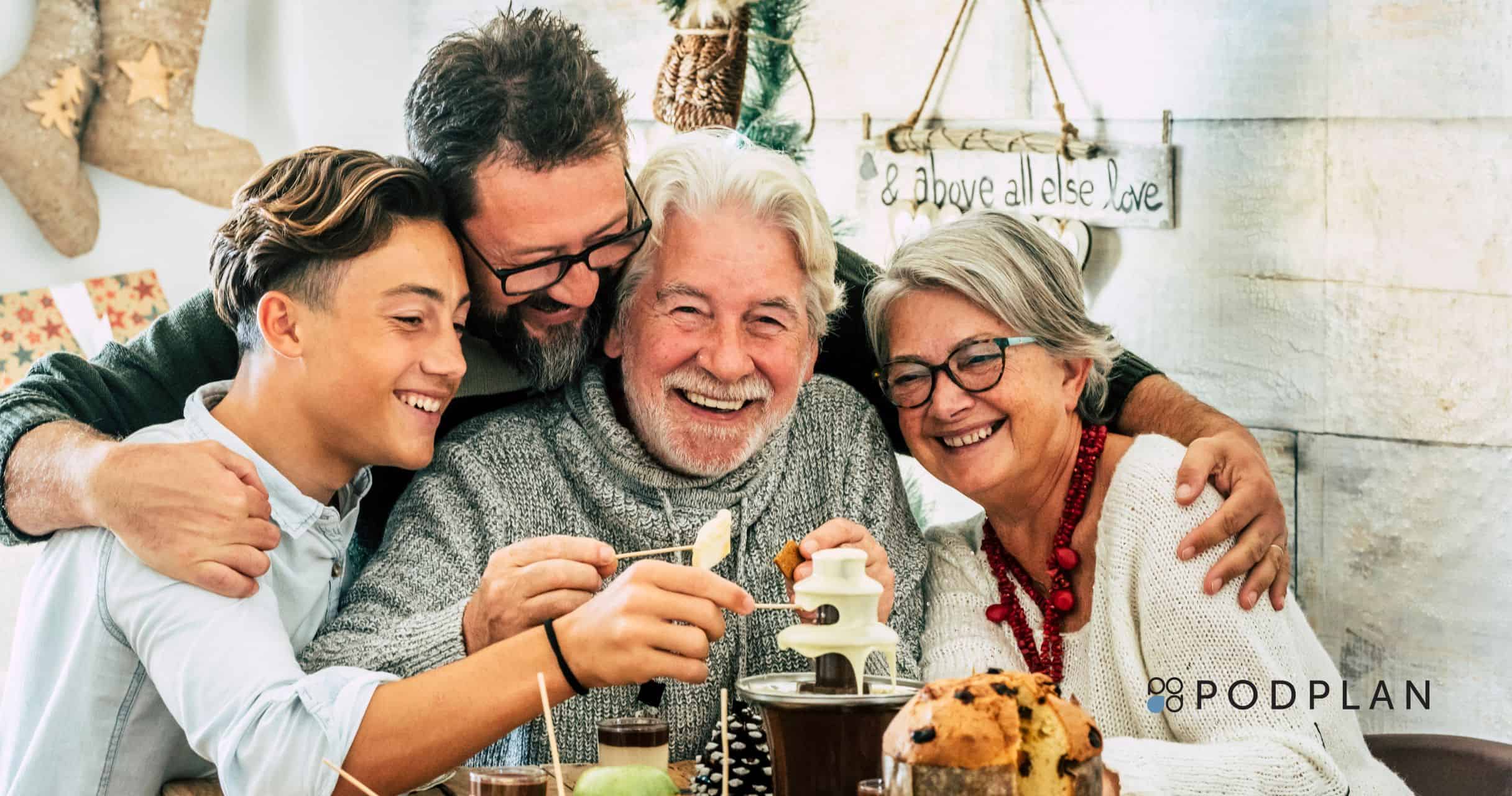
There’s something timeless about the aroma of a slow-cooked stew, freshly baked bread, or a warm pie cooling on the windowsill. For many of us, the heart of family life was Grandma’s kitchen—a place filled with laughter, love, and recipes passed down through generations. Today, those meals are more than food; they’re part of our family story.
As we grow older, preserving those recipes and traditions takes on new importance. Cooking the meals we grew up with not only connects us to the past, it also gives younger generations a taste of where they come from. With a little planning, you can keep those traditions alive for years to come.
.png)
Why Family Recipes Matter
- Memory: Tastes and smells are powerful triggers for cherished childhood moments.
- Connection: Cooking together strengthens bonds across generations.
- Heritage: Recipes often reflect culture, history, and identity.
- Continuity: Passing recipes on ensures they’re not lost over time.
Classic Recipes That Bring Back Memories
While every family’s recipe box is unique, here are some timeless dishes many people remember fondly:
- Sunday roast with gravy – hearty, comforting, and perfect for family gatherings.
- Homemade bread or rolls – the smell alone can bring back childhood.
- Stews and soups – slow-cooked, budget-friendly, and full of flavour.
- Fruit pies and crumbles – whether apple, cherry, or rhubarb, they remind us of holidays and seasons past.
- Biscuits and cookies – ideal for baking with grandchildren and sharing stories while the oven does its work.
Planning Ahead to Preserve Kitchen Traditions
1. Write Recipes Down
Don’t leave beloved meals to memory. Record the ingredients, measurements, and little “secret touches” that make them special.
2. Create a Family Recipe Book
Collect recipes from parents, grandparents, and even great-grandparents. Print them, or create a digital version to share with the whole family.
3. Cook Together
Plan family cooking days. Invite children and grandchildren into the kitchen—not just to eat, but to stir, taste, and learn.
4. Adapt for Today’s Needs
Some recipes may need lighter ingredients or adjustments for dietary needs. Updating them ensures everyone can enjoy them without losing their essence.
5. Make Traditions Part of the Calendar
Plan ahead for family gatherings—whether it’s Sunday dinners, holiday feasts, or birthday meals. Consistency builds traditions that last.
Family Support in Preserving Recipes
Encourage older relatives to share their knowledge while they can. Even simple tips—like how to get a crust golden brown or when to add spices—are valuable. Recording these moments (in writing, audio, or video) keeps memories alive for generations.

Final Thoughts
Grandma’s recipes are more than instructions on a page—they’re stories of love, resilience, and family life. By planning ahead, you can make sure these traditions don’t fade, but instead become part of your family’s future.
👉 Key takeaway: Cooking from the past keeps family connections strong. With a little organisation, the taste of Grandma’s kitchen can live on for decades to come.


